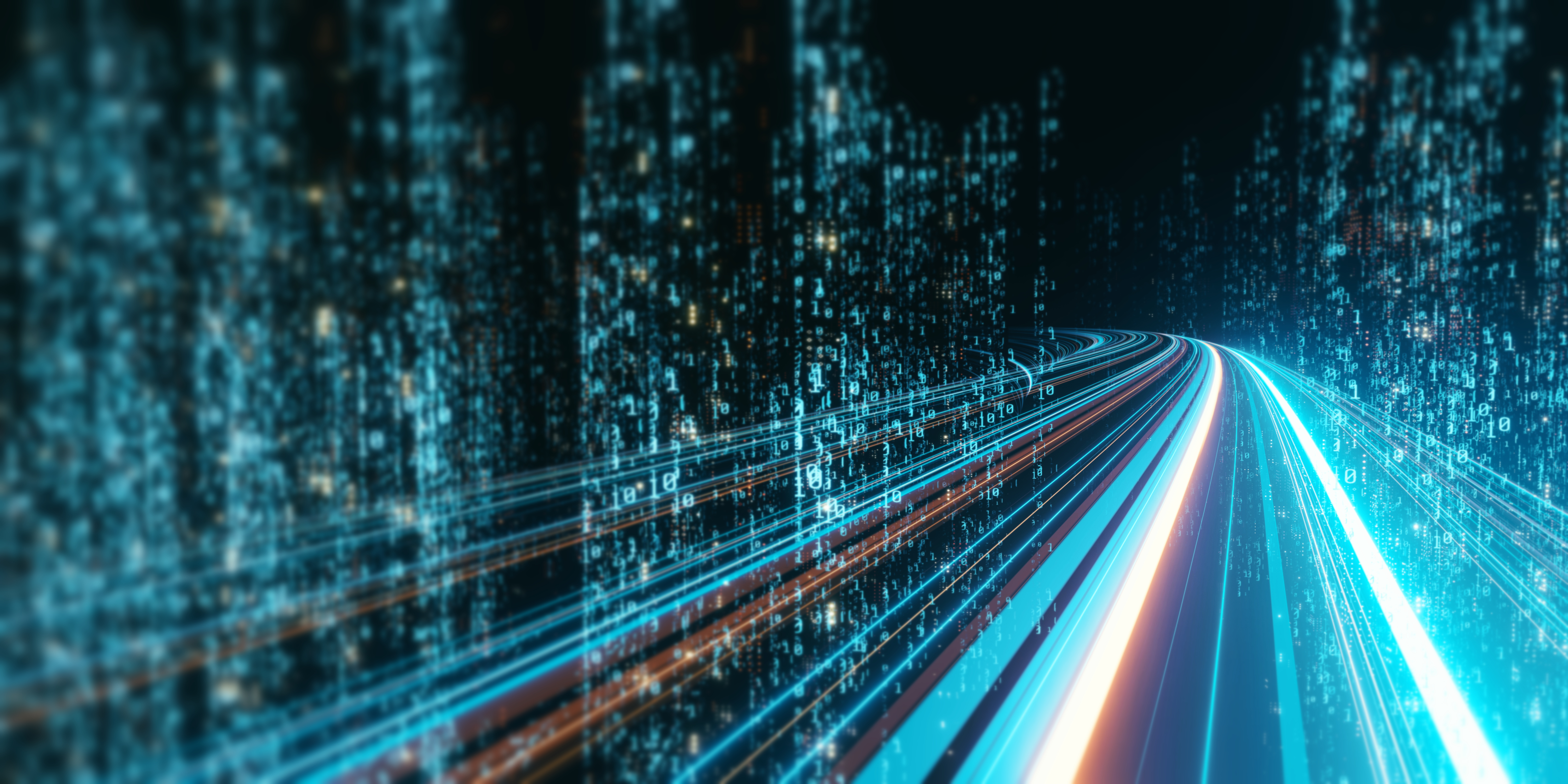What Comes After Industry 4.0?
Industry 4.0 has rapidly evolved from a buzzword to a standard company strategy. However, Industry 4.0 is not a checklist with a start and end point. Rather, it is a constantly evolving philosophy that encourages ongoing innovation, continually incorporates new concepts, and constantly reinvents itself. It begs the question, what could come next?
The different stages in implementing Industry 4.0 at individual companies make it difficult to provide a concrete outlook. While a few are ambitiously pushing ahead with their digitization projects, many others still need to catch up. Instead of a disruptive revolution, there is a steady evolution; instead of implementation projects, there are only pilot projects; instead of complete networking, there is step-by-step networking.
Forecasts are difficult, especially in our highly dynamic times - a state of affairs that will not change. However, some scenarios that already indicate a possible direction are already emerging today. They could be the basis for Industry 5.0.
Industry 5.0 in Life Science
The convergence of advances in life science and the accelerated development of computers, automation, and artificial intelligence is fueling a new wave of innovation with significant implications for our lives, society, and economy. These range from health and consumer products to agriculture and energy. Innovative startups are entering the market, optimizing our understanding of biological processes and making entirely new forms of industrial processing conceivable.
The construction or modification of living cells to cure or prevent disease, innovative new methods to alter DNA building blocks in the genome faster and more precisely, as well as self-dissolving plastics, fertilizers made from microorganisms, and meat that does not require livestock farming - the bio-revolution could accomplish many of the greatest challenges of our time.
Industry 5.0 is Sustainable
For many years, the industry has focused on mass production to reduce unit costs. However, this is usually not particularly ecological or sustainable. Topics such as climate change, environmental protection, or energy and resource conservation are becoming increasingly important.
New technologies are designed to help build economically and ecologically sustainable value chains. Paperless processes are already protecting the rainforest, and detailed planning based on real-time data is leading to resource-efficient production and reducing CO2 emissions. Industry 4.0 is, therefore, already making a contribution to sustainable business. Nevertheless, it will not be possible to meet the high demand for certain raw materials too far in the future. As a result, the focus of production will shift more toward the recovery and reuse of raw materials, making recycling and the extension of product life cycles more prominent.
Whether this form will prevail, however, is ultimately likely to be primarily an economic question. The cheaper new products and components are, the less attractive it becomes to use recycled and lower-performing ones.
Industry 5.0 is Individual
"Any customer can have a car painted any color that he wants so long as it is black."
Many manufacturers still work on the basis of this philosophy from Henry Ford in 1909.
While in the past, the focus was more on uniform mass production, the demands for customized goods and ultra-personalized services are becoming louder and louder. Producing industrially manufactured products with a human touch will only be possible with the right technology on one hand and human influence on the other. In the future, this will require even deeper and more intense collaboration between man and machine than ever before.
Industry 5.0 Relies On "Explainable AI" with Complex Conclusions
The development of machine learning enables countless applications in the field of artificial intelligence (AI), for example, the use of autonomous systems in vehicles. However, we tend to approach these innovations with skepticism - we don't (yet) trust them - because they often make decisions that are not explainable or fully understandable to humans. A particularly promising principle that will continue to develop in the course of Industry 5.0 is that of "explainable AI," the genuine trust through a simple understanding of why which decision was made.
Artificial intelligence today is predominantly based on deep learning. This is mainly about recognizing patterns and regularities in huge data sets. The next step is now more in the direction of teaching machines to "think" about how certain actions and deeds affect others (objects or people) in their environment. The concept of explainable AI makes machines autonomously draw conclusions and anticipate the actions/interactions of other objects or people.
A prerequisite for this is a certain degree of transparency, which we still lack today. Although systems are currently trained to recognize patterns, structures, and schemes, it is often not easy for the user to see how or why the application reaches its conclusions. This will change in the course of Industry 5.0 - future AI will be transparent, comprehensible, and, above all, explainable.
There are many theories and thoughts about the successor to the fourth industrial revolution. The only thing we can say for sure is that technology will continue to amaze us. It will continue to penetrate further and further into areas that we cannot even imagine yet. The transition will be fluid, and the boundaries will become blurred, similar to previous developments. In the future, there will still be the "innovators" among the companies and those who have difficulty separating themselves from their entrenched processes/traditions (stragglers).
No matter which path the industry takes in the future, it should happen in harmony with nature and in a way that conserves resources.
Latest Blogs
Inside Insight: How Journeys and Touchpoints Make Enterprise Search Effortless with Mindbreeze Insight Workplace
Picture this: you’re preparing for a high-stakes client meeting.
The Future of Enterprise AI Depends on Smarter RAG Solutions
Today’s enterprise leaders ask how to make AI meaningful, responsible, and scalable. One architectural approach stands out as organizations look beyond isolated proof-of-concepts and begin embedding AI into workflows: Retrieval-Augmented Generation (RAG).


